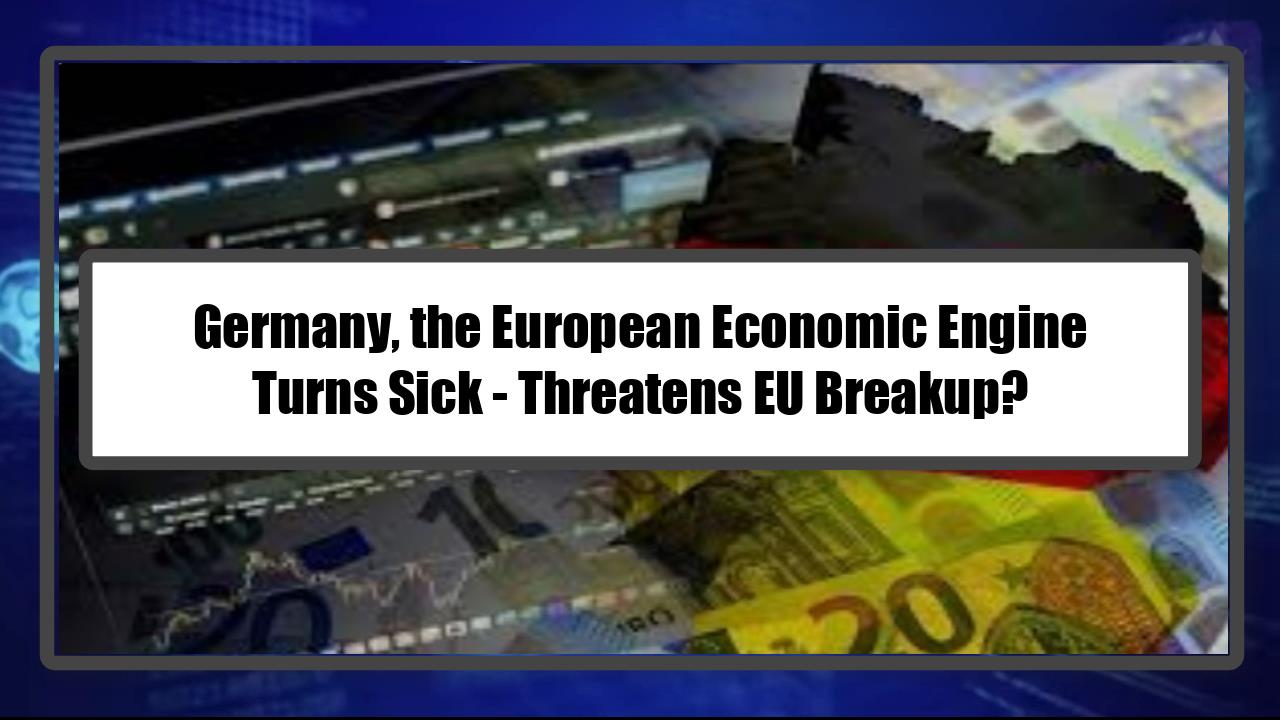Video:
Take our online poll:
AI Analysis:
Several challenges and threats could potentially undermine the European Union (EU) project, leading to its breakup or significant disruptions:
Economic Disparities: Economic disparities among member states pose a significant challenge. The EU consists of economies at different stages of development, and disparities in wealth, productivity, and standards of living between countries can strain the cohesion of the union.
Brexit and Rising Euroscepticism: The departure of the United Kingdom (Brexit) highlighted divisions within the EU and fueled Euroscepticism in other member states. Growing dissatisfaction with EU policies, perceived loss of sovereignty, and concerns over immigration and economic integration have led to the rise of anti-EU sentiments in various countries.
Migration and Refugee Crisis: The handling of migration and refugee influxes has been a contentious issue. Disagreements among member states over burden-sharing, border control, and asylum policies have strained relationships and tested the unity of the EU.
Nationalism and Populism: The rise of nationalist and populist movements in several EU countries challenges the idea of deeper European integration. Political parties advocating for more nationalist policies, often at the expense of EU cooperation, have gained traction in some member states.
Economic and Fiscal Challenges: The Eurozone faces ongoing economic challenges, including sovereign debt issues in certain member states, slow economic growth, and divergent fiscal policies. These challenges raise questions about the sustainability of the common currency and economic convergence among member states.
Democratic Backsliding: Concerns over the erosion of democratic norms and the rule of law in some member states have raised alarms within the EU. Instances of democratic backsliding, restrictions on media freedom, and weakening of institutions challenge the EU's core values.
Geopolitical Pressures and External Threats: External geopolitical pressures, including tensions with neighboring countries, security concerns, and global power shifts, can strain the EU's cohesion and its ability to present a united front on international issues.
Addressing these challenges requires concerted efforts among member states, EU institutions, and leaders to promote unity, address grievances, strengthen institutions, foster economic convergence, and reaffirm the EU's fundamental values of democracy, rule of law, and cooperation. Failure to effectively address these challenges could potentially lead to increased fragmentation or strains that threaten the cohesion of the EU project.
Chart:

References:


Comments